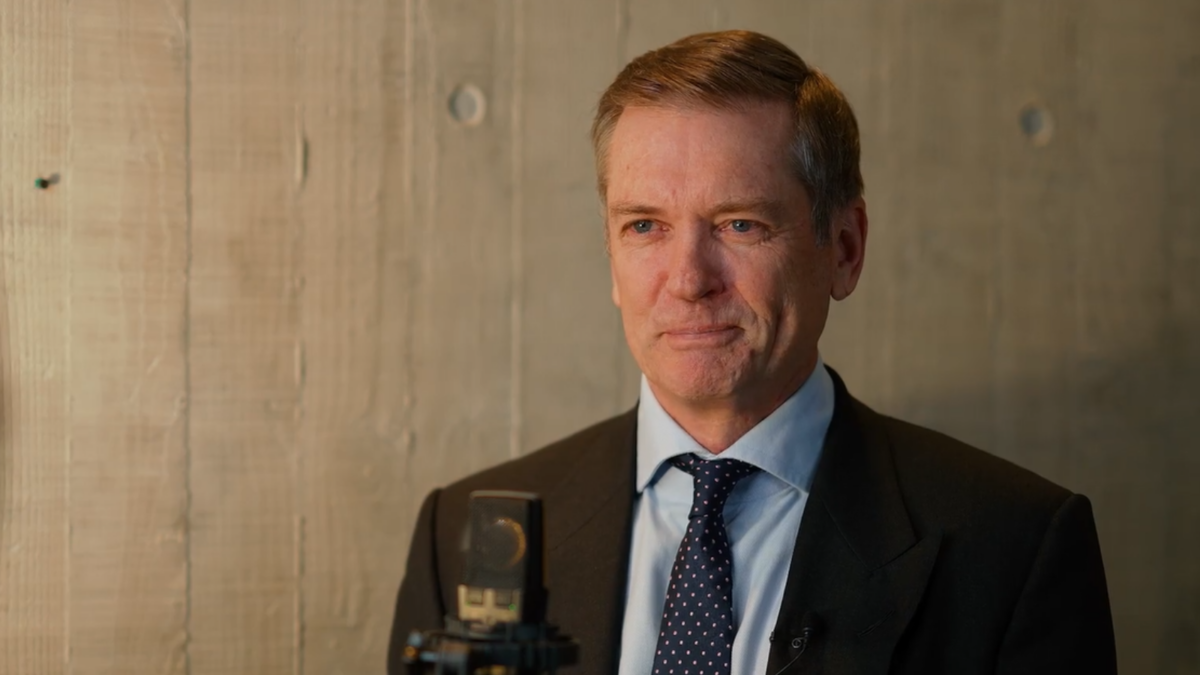Why bailing-out could cost your clients their retirement
While global sharemarkets have recovered much of the ground lost due to the Ukraine crisis, US Federal Reserve moves and surging energy costs, there is a general feeling that equities remain on the precipice of a bear market, or at the very least, an extended correction.
Whether it is our inherent pessimism towards markets, or simply tiring of one of the longest bull markets in history, it always pays to take stock of portfolios and ensure we have a consistent investment policy in place.
This was an issue raised by the Duncan Lamont of Schroders this week in an update to clients urging investors and advisers alike to “avoid making rash decisions in the heat of the moment” with their investments.
He highlighted four key data points that offer a powerful case, but there was one in particular that stood out; the statement that “bailing-out after big falls could cost you your retirement.” Lamont highlights that “while the market hasn’t fallen too much so far, further volatility and risk of declines cannot be ruled out. If that happens, it can become much harder to avoid being influenced by our emotions – and be tempted to ditch stocks and dash for cash.”
With 2020 fresh in our minds, it remains clear that despite the best efforts and education, our natural human response is ‘flight’ rather than ‘fight’ when it comes to the volatility of our investments. Yet selling after these significant crashes “would have been the worst financial decision an investor could have made. It pretty much guarantees that it would take a very long time to recoup losses,” says Lamont.
Using the Great Depression as an example, the data shows that for those who sold-out to cash after an initial 25 per cent fall in the market (that ultimately fell 80 per cent), it took more than 38 years to return to break-even compared to if they just held on to their position. In fact, “shifting to cash might have avoided the worst of those losses during the crash, but still came out as by far the worst long-term strategy.”
The story was repeated in 2001, with those selling into the Dotcom crash still underwater 20 years later, if they remained in cash. The message is overwhelmingly clear, says Lamont: “a rejection of the stock market in favour of cash in response to a big market fall would have been very bad for wealth over the long run.”
Doubling-down on this point, the paper draws on extensive research that suggests deploying capital into equity markets when the volatility or VIX index is above 33.5 (which it reached last month) resulted in a 26 per cent return over the following year.











